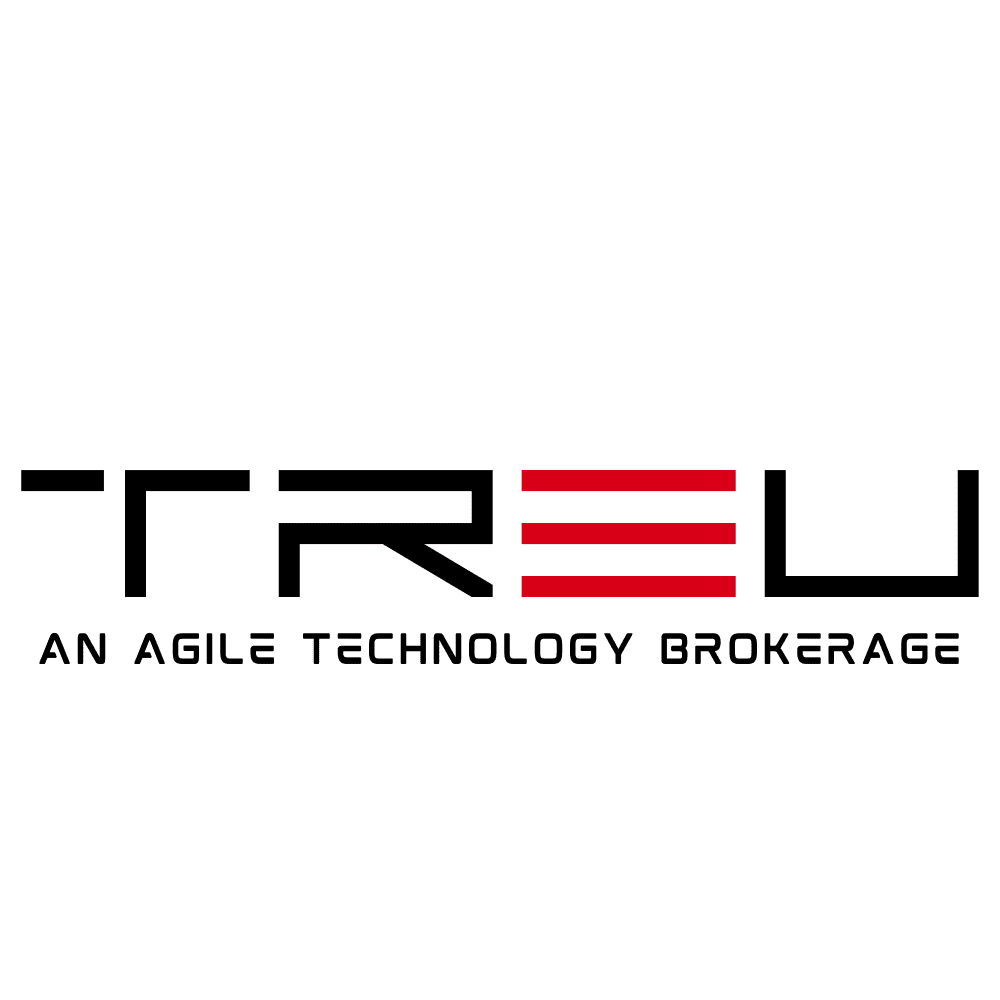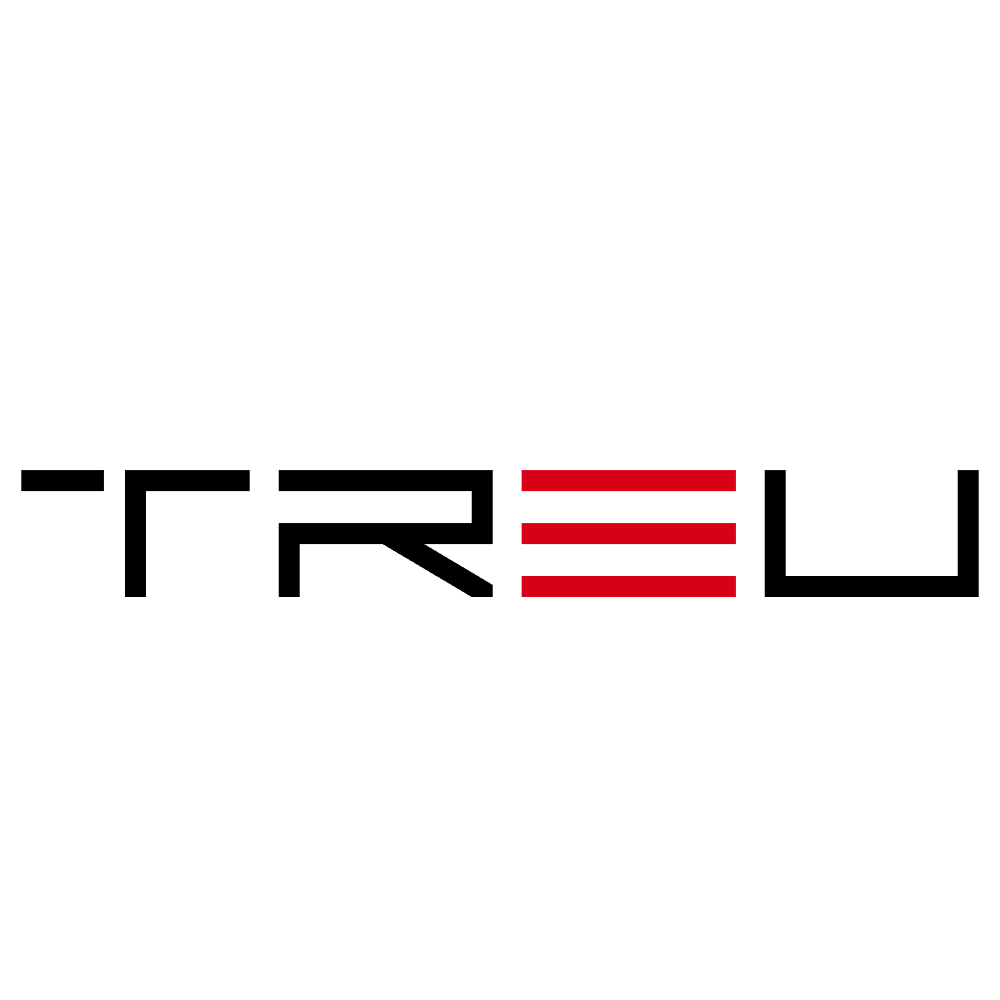Top Tech Trends in 2025 Shaping the Future of Innovation
As we move through the digital revolution, it’s clear that technology isn’t just influencing how businesses operate—it’s reshaping industries, creating new opportunities, and defining the future of innovation. Deloitte’s insights into emerging tech trends provide a compelling roadmap for what lies ahead this year and beyond. This guide will explore the top trends expected to disrupt and drive the next wave of growth, offering a glimpse into the transformative power of cutting-edge technologies.
1. The Rise of Generative AI
Artificial Intelligence (AI) is no longer just about automation and efficiency—it’s evolving into uncharted territory with generative capabilities. In 2025, Generative AI is expected to foster innovation by moving beyond predefined algorithms to create original content, ideas, code, and beyond.
How Generative AI Will Drive Change
- Game-Changing Content Creation: AI tools like ChatGPT and DALL-E are just the beginning. Expect highly sophisticated AI models capable of designing marketing campaigns, writing software code, and even producing art or music.
- A New Era of Innovation: Businesses will embrace generative AI to accelerate research, drive product development, and foster creativity at a human-AI collaborative scale.
- Reshaping Business Processes: Industry leaders can leverage AI for process optimization, such as document drafting or automated data analysis, transforming workflows across sectors.
The rise of generative AI will demand that organizations rethink everything from their customer experiences to their workforce structures, ensuring they stay ahead of the competition in a rapidly changing world.
2. Quantum Computing Takes Center Stage
After years of research and speculation, quantum computing is set to take off and become a real game-changer by the end of 2025. Capable of solving problems that traditional computers cannot, quantum computing will advance industries like finance, logistics, healthcare, and cybersecurity.
Applications for Real-World Problems:
- Financial Optimization: Quantum technologies will disrupt trading strategies, portfolio optimization, and fraud detection, enabling financial institutions to make hyper-precise decisions at blazing speeds.
- Drug Discovery and Materials Science: Researchers will use quantum computing to simulate molecular interactions, accelerating the discovery of groundbreaking drugs and materials.
- Cybersecurity at the Next Level: With the threat of quantum-enabled hacking, businesses will race to implement quantum-safe encryption methods to stay protected.
Organizations must begin experimenting with quantum computing today to ensure they’re prepared for the inevitable quantum-first future.
3. The Evolution of Digital Twins
The idea of a digital twin—a virtual replica of a physical entity—continues to mature. Digital twin technology will extend far beyond manufacturing and smart cities, becoming a critical driver for all industries looking to optimize operations and predict outcomes.
Key Uses of Digital Twins:
- Enhanced Predictive Analytics: Organizations can create real-time simulations of complex systems, enabling risk-free testing and proactive maintenance.
- Smart Infrastructure Design: Digital twins will empower engineers and architects to refine infrastructure projects before breaking ground, ensuring increased accuracy and cost savings.
- Personalized Healthcare: Virtual replicas of patients could soon help doctors test different medical interventions, ensuring high precision in treatments.
Digital twins are poised to redefine everything from supply chains to individual health, making them essential for future-forward organizations.
4. Hyper-Automation Through Intelligent Systems
Automation will evolve beyond simple robotics to hyper-automation, which combines AI, machine learning (ML), robotic process automation (RPA), and advanced analytics for unprecedented efficiency.
A Few Key Drivers:
- End-to-End Automation: Organizations will integrate their entire ecosystems, allowing for seamless automated workflows across multiple touchpoints.
- Reduced Operational Costs: Businesses adopting hyper-automation will reduce inefficiencies, cut costs, and redirect resources toward strategic growth areas.
- Boosting Employee Experience: Hyper-automation will not only eliminate repetitive tasks but also allow employees to focus on higher-value creative and strategic work.
This trend will have significant implications for industries like healthcare, retail, and logistics where efficiency, scalability, and cost savings are paramount.
5. Sustainable Tech on the Horizon
As climate change and sustainability remain at the top of the global agenda, organizations are embracing sustainable technologies that prioritize environmental impact while delivering business benefits. The intersection of technology and sustainability will shape the next generation of innovation.
Key Developments:
- Green Data Centers: Businesses will adopt energy-efficient data center technologies, reducing energy consumption while maintaining the growth of digital infrastructure.
- IoT for Resource Efficiency: Internet of Things (IoT) solutions will enable smart metering, water usage monitoring, and waste reduction across industries.
- Renewable Energy Innovation: Breakthroughs in energy storage and generation technologies, such as smart grids, will drive renewable adoption and create new opportunities for energy-dependent industries.
Sustainable tech will not just help businesses avoid penalties but also position them as environmental leaders, appealing to both investors and customers.
6. Convergence of Extended Reality (XR) and the Metaverse
The worlds of Extended Reality (XR)—which includes virtual reality (VR), augmented reality (AR), and mixed reality (MR)—and the Metaverse will formally merge, creating new opportunities for immersive experiences.
Revolutionizing Customer Experiences:
- Virtual Shopping Experiences: Imagine customers trying on clothes in virtual stores or testing products at home through AR-powered apps.
- Remote Work and Training: XR will redefine workforce collaboration and enable lifelike training in industries like healthcare, aerospace, and manufacturing.
- Immersive Storytelling: Content creators will leverage XR to redefine entertainment, creating fully immersive stories and games.
As XR technology becomes more accessible, businesses will explore creative applications in engaging customers, training employees, and transforming everyday experiences.
Embracing Tomorrow’s Opportunities Today
The tech trends shaping 2025 and beyond are not just interesting developments—they are actionable opportunities for organizations to innovate, evolve, and thrive in a competitive world. Whether it’s investing in generative AI, experimenting with quantum systems, or incorporating sustainable practices, businesses can leverage these trends to unlock future possibilities.
While the timeline for adoption may vary, one thing is clear: staying ahead of these advancements will separate the leaders from the laggards. Start now to transform your strategy and stay ahead of the curve in this technology-driven era.
By embracing these trends today, organizations can turn challenges into opportunities and carve their place as leaders in the future of innovation.
What are your next 5 innovative moves?

